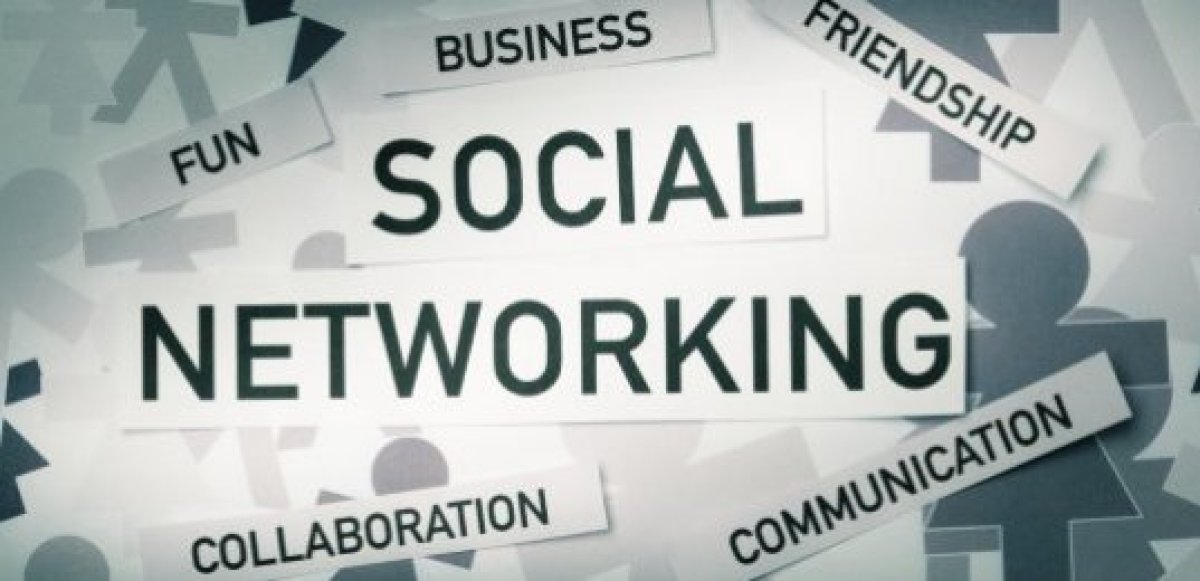We live in an age when technology and its practical and everyday uses are exploding. The fields of medicine, industry, finance, and especially communication are all being dramatically impacted by the use of technology. The cell phone and computer are chief among those innovations directly impacting our lives. Not only have they influenced our communication, but in some ways they have fundamentally altered how we communicate and with whom we can communicate.
This technological revolution is something we must learn both how to cope and contend with. It is not my proposition that technology in the area of social networking is evil, but that it can be used foolishly and increases our opportunity for evil, if we do not handle it wisely. Facebook is a communication tool that many in our churches are already using, but many have not stopped to consider how to apply biblical principles to its use. That is the purpose of this article: to provide some scriptural guidelines for the cultural phenomenon known as social networking.
Technology Is Benign, but it Provides a Reflection of the Heart of the User
A hammer is neither good nor evil. It is an inanimate object that was developed for a particular use. However, because the hammer has no mind of its own, it simply obeys the one wielding it. Because of that, a hammer can be used to build things or tear things down. Its user determines its function. The same is true for guns, automobiles, medications, and technology; they can be used wisely and for good, or in the wrong hands to do terrible things. That principle also holds true for technology and the medium of communication known as social networking.
Titus 1:15 says, “Unto the pure all things are pure: but unto them that are defiled and unbelieving is nothing pure.” The medium of communication called Facebook is a technological innovation whose virtue, in large measure, is determined by those who use it for good or for bad. That does not imply, however, that we should not be cautious with it. On the contrary, some technologies bring with them a greater potential for good or evil because of their differing uses and appeals to the human heart. A paper clip is a clever invention, but only has a limited potential to bring good to our lives. The corollary is that is can bring no great harm by being misused. However, a gun, a car, medicine, and a computer and its programming offer to us a far greater potential for good and evil depending on the heart that is employing its potential uses.
As a Communication Tool, Social Networking Is an Extension of the Tongue
Facebook is a way to speak, to communicate, and to express ourselves; it is a platform from which we can say things and be heard by others. Because of this truth, all scriptural teaching relating to conversation and the tongue applies to the use of this technology.
The Bible is filled with practical helps in the use of such things as Facebook and other communication mediums. For example, Ephesians 4:29 says, “Let no corrupt communication proceed out of your mouth, but that which is good to the use of edifying, that it may minister grace unto the hearers.” Since Facebooking is a form of communication, everything we say from this mode of speaking should be edifying, good, and filled with grace.
In Ecclesiastes 5:2, the Bible says, “Be not rash with thy mouth, and let not thine heart be hasty to utter any thing before God: for God is in heaven, and thou upon earth: therefore let thy words be few.” Think about this admonition for a moment and how it relates to the way many people use social networking today.
Whether we speak or type, we need to evaluate all that we say. We ought not to be quick to speak or to reply without careful and evaluative consideration. We need to remember that God is taking note of all we say (or type) and will hold us accountable for it. “Let thy words be few,” still has application, and those who ramble on continuously on Facebook need to remember that, “In the multitude of words there wanteth not sin” (Proverbs 10:19). Technology multiplies our words and keeps them on record longer for reflection. It allows us to say more to more people, and that is a responsibility we need to ponder soberly.
Consider Matthew12:36 in relationship to the way some multiply words via social networking: every word that men shall speak (or type), they shall give an account thereof in the day of judgment. Not only does your computer or phone keep a record of all that you say, but so does the Lord. My point is not that you should not use Facebook, but if you choose to use it, you are still under the scriptural obligation to carefully use and choose your words. Placing them on the internet allows many other people to hear your words; therefore, it also multiplies your accountability and responsibility.
I don’t know about you, but it is a challenge for me to personally govern all the words I speak, I’m not sure I need the additional pressure of looking over many more. I challenge you to review all the Bible has to say about the tongue and our speech and then review your latest statuses, chats, blogs, messages, and comments and make sure they are falling in line with God’s heart for our conversation.



